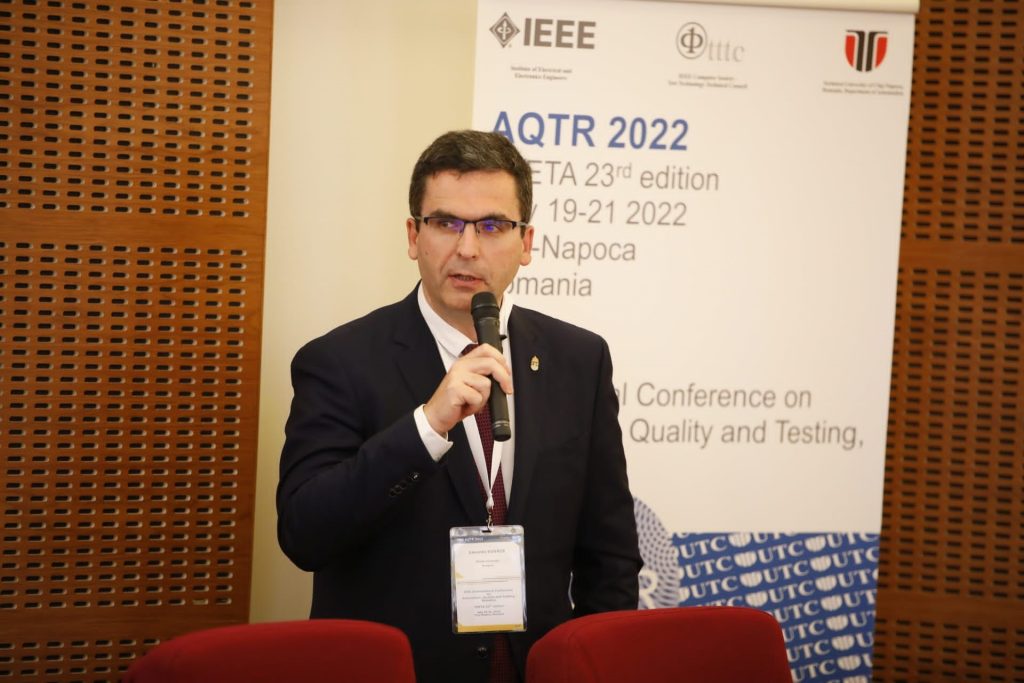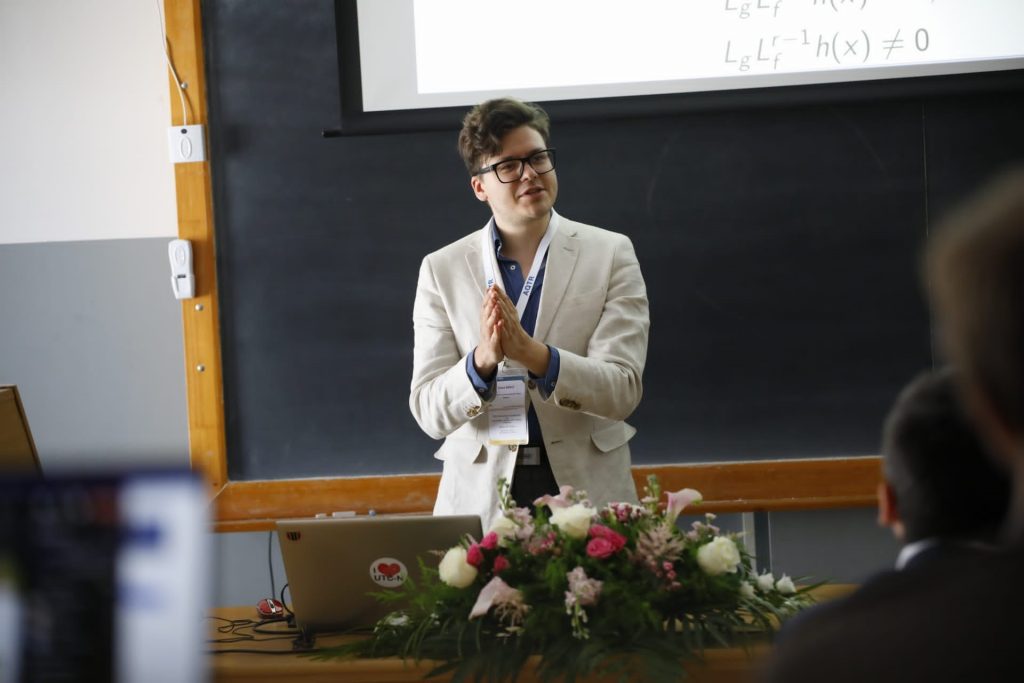Engineering also helps medicine - IEEE conference in Cluj-Napoca
The Technical University of Cluj was the venue for an important scientific event on 19 and 20 May. At the AQTR 2022 conference of the Institute of Electrical and Electronics Engineers (IEEE), Prof. Dr. Levente Kovács, Rector, gave a plenary session and Bence Czakó, PhD student, presented a paper in a session. AQTR is an international forum for researchers in the fields of automation, quality, testing and robotics.
The conference was opened by Liviu Miclea, Dean of the Faculty of Civil Engineering at the Technical University of Cluj-Napoca, thanking Joan Stoian for his work in organising the AQRT conferences so far.

Prof. Dr. Levente Kovács gave a lecture at the Physiological Controls Research Center (PhysCon) of Obuda University on one of the most prestigious research programmes of the European Union, funded by the European Research Council (ERC). He said that the ERC only supports projects that can have a major impact on health, industry or basic sciences. He said that even if it is not always possible to cure cancer perfectly, it could in theory be possible to reduce tumour growth to a point where we can live with it. To achieve this in practice, engineering, automated methods are needed. This is what we call 'tamed cancer', as the project's English name 'Tamed Cancer' suggests.
The focus area of the research was tumour modelling and therapy optimisation, which aims to optimise and personalise cancer treatment. The resulting body of knowledge, such as mathematical models of tumour growth and algorithms for therapy optimisation, could become a cornerstone of cyber medicine. The developed models and algorithms have been tested in animal experiments and have shown promising results, and provide a vision of a future in which cancer patients can be treated in a personalised way with fewer side effects and a higher success rate. The project received an excellent evaluation from the EU organisation, and in terms of follow-up, the professor highlighted the creation of Centres of Excellence for the development of cyber-medical systems for diagnostics, therapeutics and research, and the National Research sub-programme of the Thematic Programme of Excellence 2021, which aims to "Develop and evaluate innovative and digital health technologies".
The plenary session featured a presentation on the use of the DataMatrix standard in healthcare by Ovidiu Mureşan, Director of Engineering at the Romanian pharmaceutical company Terapia SA, followed by an effective presentation on continuous testing of drive chains by Bianca Toderean (Robert Bosch SRL).
Following the morning plenary session, the AQTR conference in Cluj continued with sessions. The session on transdisciplinary approaches to engineering problems was chaired by Prof. Dr. Levente Kovács.

Bence Czakó, a Phd student at the Doctoral School of Applied Informatics and Applied Mathematics
of Obuda University, also presented two of his research projects. In recent years, Obuda University has launched significant research projects of great international interest. The results of combining medical science and engineering thinking could also lead to advances in the treatment of cancer and diabetes, which is a widespread disease.



